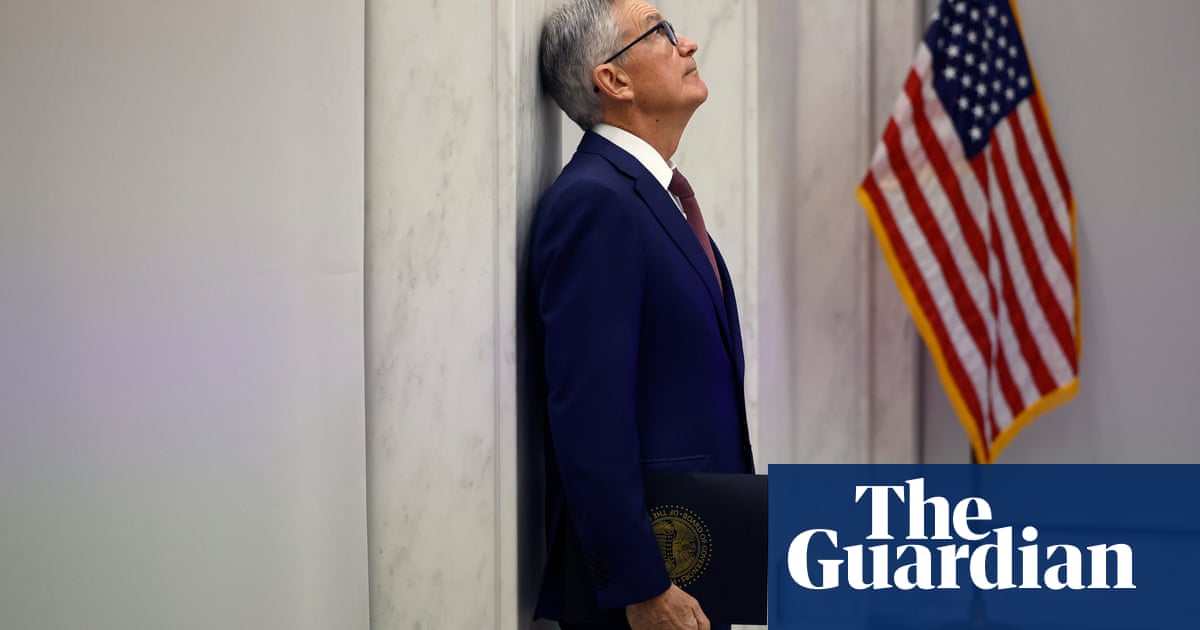
The consumer goods giant Unilever has warned the price of its toiletries, cleaning products and salad dressings will rise in the coming months as it grapples with a surge in raw material costs that is on a scale not seen for a decade.
The maker of household brands, including Dove shampoo, Domestos bleach and Hellmann’s mayonnaise, said on Thursday that the big jump in the price of commodities such as crude, palm and soya bean oil, as well as higher transport and packaging costs, was eating into its profitability.
The warning sent it shares down nearly 6% to £40.50, wiping £6.6bn off its market value and making it the worst performer on London’s blue-chip FTSE 100 index.
Unilever’s chief executive, Alan Jope, said it was “facing very material cost increases” compared with the first six months of 2020. “Our first reflex is to look for savings in our own business to offset these costs, but these are of a magnitude that will require us to continue to take some price increases.”
“The crude oil price is now up 60%, palm oil is up 70%, soya bean oil is up 80%,” he said, adding that shipping costs had also surged by 40 to 50%. “These are the big ones that we have got our eye on and they are running at inflation levels that we have not seen since 2011.”
Palm oil is used in the manufacture of soaps and shampoos, while the oil price is key to its home care brands which include Cif, Domestos and Comfort. Soya bean oil is used to make dressings, including Hellmann’s mayonnaise, it said. Shoppers would probably see a “low single digit price increases” when current pricing deals with retailers expired, explained Jope.
In the first six months of 2021 the company’s underlying operating profit margin – a key measure for City analysts – was one percentage point lower than last year, at 18.8%. It now expects profit margins to be flat over the full year, having previously forecast a small increase – even as it seeks to raise prices to make up for higher costs.
Unilever reported that underlying sales growth was 5.4%, slightly ahead of expectations, bringing turnover to €25.8bn (£22bn), up slightly from the previous year. Pre-tax profits came in at €4.4bn, down from €4.5bn a year ago.
Economists around the world are on the lookout for signs of inflation, amid disruption from the coronavirus pandemic. Other consumer goods companies have also said they are being hit by higher prices on everything from transport to raw commodities and packaging. However it is not always straightforward for manufacturers to pass on price rises with Unilever famously falling out with Tesco in 2016 when it tried to increase the price of Marmite.
The results statement came as Unilever deals with a row over the decision of one of its brands, Ben & Jerry’s, to stop ice-cream sales in the Israeli-occupied West Bank and East Jerusalem. The brand retained a large degree of independence to follow its “culture and social mission” when it was bought by Unilever in 2000.
The decision has provoked fury from Israeli politicians, including the far-right prime minister, Naftali Bennett, who promised “serious consequences” for Ben & Jerry’s and Unilever after speaking to Jope.
Jope said the decision to pull out of the West Bank and East Jerusalem had been made by Ben & Jerry’s and its “independent board”, adding he wanted to “double underscore Unilever’s ongoing commitment to Israel” where it has four factories and 2,000 employees.












